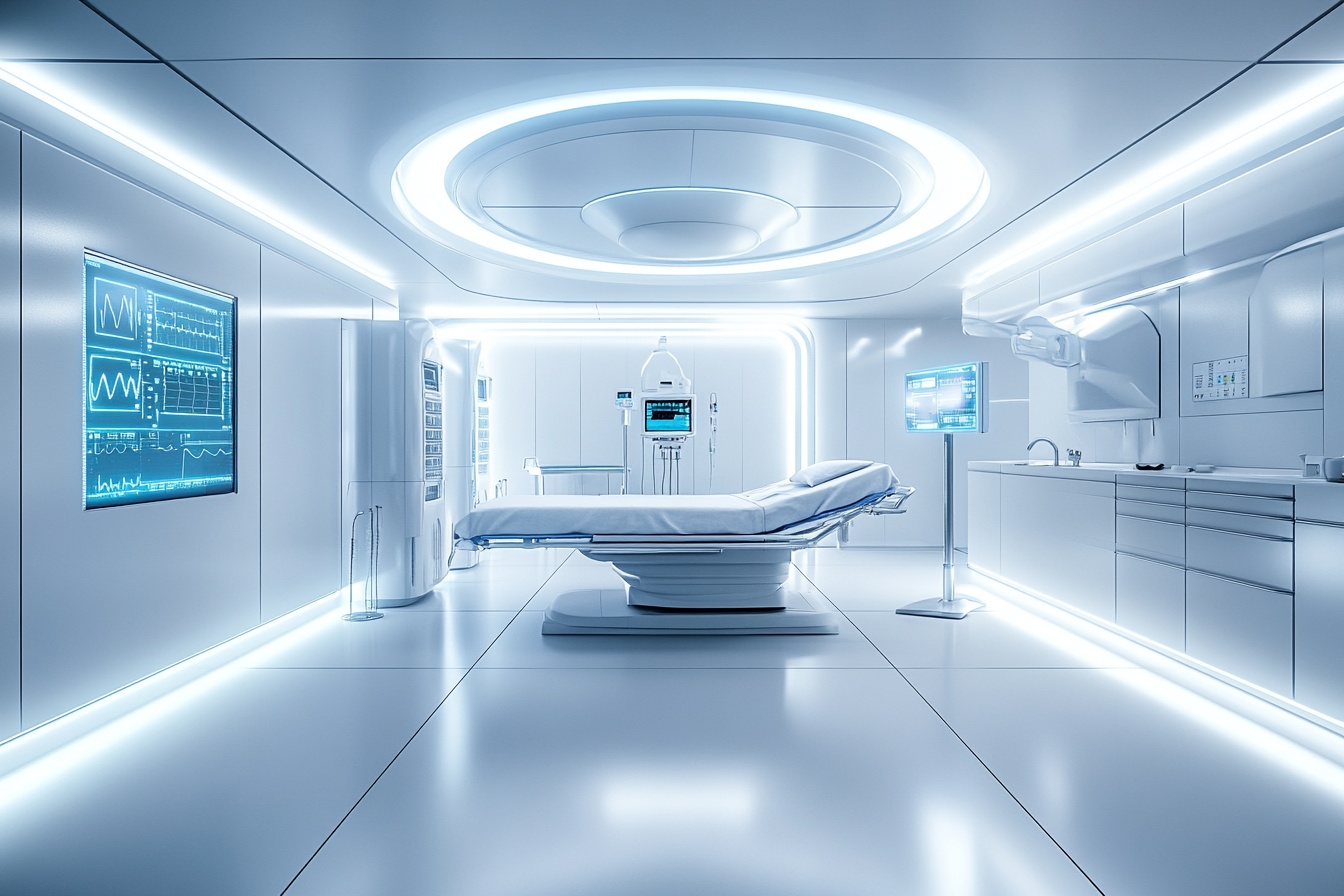In surgery, every second counts. The team operates in perfect coordination, and any technology that breaks this rhythm can slow things down, cause distractions, or worse, lead to errors. That’s why real innovation isn’t just about building advanced tools. It’s about creating systems that seamlessly fit into the surgical workflow.
That’s exactly how DeepSurg’s AI Copilot was designed: to be real support, silent when needed, responsive when it matters most.
The Problem with “Disruptive” Tech
Many surgical technologies demand attention: new screens, extra clicks, invasive tools, or even redesigned OR setups. These disruptions break focus and frustrate surgical teams.
The best technology doesn’t force teams to adapt, it adapts to them.
How the Copilot Fits Into the Workflow
Built with direct input from real surgeons, DeepSurg’s Copilot respects what matters most in the OR: fluidity and focus.
Here’s how it blends into existing workflows:
- Natural voice interaction: surgeons can speak questions or requests aloud, no screens, no hands.
- Real-time, contextual responses: the AI offers useful guidance without overloading information.
- Procedure awareness: the system understands what’s happening and supports each step accordingly.
- No need to change tools: it works with your current instruments and setup.
Less Friction, More Confidence
By staying out of the way and providing value at the right moment, the Copilot boosts focus, clarity, and team trust. And since it learns from each case, it becomes smarter and more personalized over time.
This subtle, adaptive integration builds confidence, without slowing down the pace of surgery.
The success of surgical AI isn’t just measured by what it can do, but by how well it fits into the reality of clinical care. DeepSurg’s Copilot was built with this in mind: to support without interfering, to accelerate without pressure, to guide without control.
Because in the OR, the best technology feels like part of the team.



